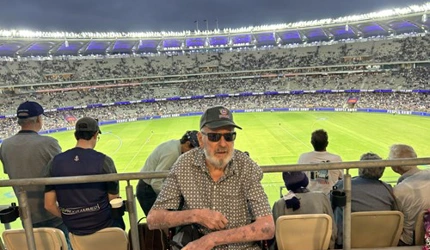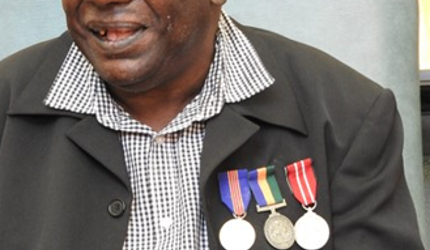Traumatic Brain Injury (TBI) vs Acquired Brain Injury (ABI)
A brain injury is a life-altering event. It impacts the injured person, their family, friends, and caregivers. Despite this, people can live a satisfying life after a brain injury. Understanding what to expect and how to get the right support after a brain trauma is an important step for recovery and adapting to life post-injury. This article provides practical information about Acquired Brain Injury and Traumatic Brain Injury, including information about Brightwater rehabilitation services in Western Australia.
| Acquired Brain Injury (ABI) | Traumatic Brain Injury (TBI) |
| An umbrella term for any brain injury occurring after birth. Common causes include stroke, long-term substance abuse or an injury resulting from low or no oxygen to the brain. | A type of ABI resulting from an external force to the head such as an assault, motor vehicle accident or a fall. |
Common symptoms of both ABI and TBI include:
- Cognitive changes such as rapid memory loss and difficulty with decision-making, reasoning, judgement and safety awareness
- Physical symptoms such as headaches, dizziness, paralysis, and changes in movement or speech
- Sensory changes such as vision or hearing problems
- Difficulty with speech and communicating
- Emotional and/or behavioural changes impacting the person’s identity, mood, sense of independence, and self-worth.
Brightwater Clinical Lead – Neurology (Disability Services) Georgia Campbell says specific symptoms relate to the area of the brain affected and the severity of the injury.
“The immediate effects of ABI vary a lot because of the ways the brain can be injured,” Georgia said. “Different parts of the brain are responsible for the different ways we function. The area of the brain and how it’s injured are going to have an impact on what you will see as symptoms."
Because of all the variation when it comes to ABI, it can be hard for people to understand what has happened to them. ABI, including TBI has an impact on a person’s daily life, including work, relationships, and overall quality of life. The good news is with the right ABI rehabilitation and support services, many individuals can navigate challenges and regain skills and independence.
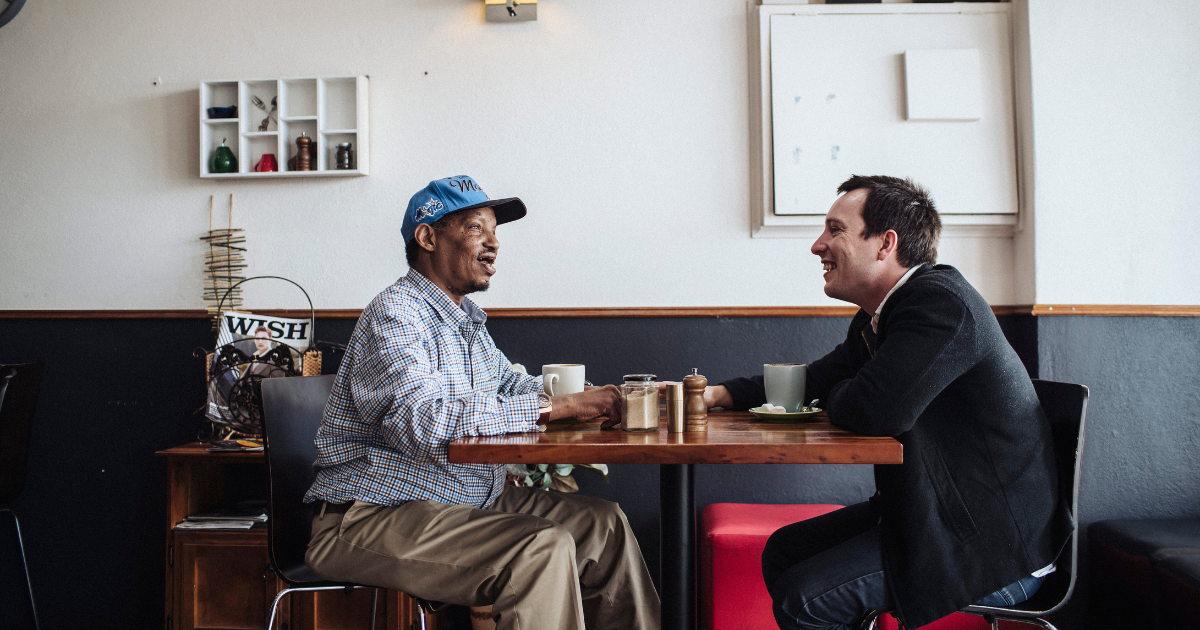
How Brightwater supports ABI recovery
Living with brain injury requires specialised support. Brightwater is known for their ABI rehabilitation support and services such as those offered through the Oats St program, a residential transitional rehabilitation program for people with brain injuries.
“Everyone’s brain is different, and everyone’s recovery is different as well,” Georgia said.
“Our teams are very familiar with the types of challenges that people might be experiencing after an ABI.”
“It’s a very complex area and we understand that. We take a really personalised approach, taking the time to get to know what is important to someone and who is important to them and being able to help form their rehabilitation around those things.”
What’s the Difference between Brain Trauma, Brain Damage and Brain Injury
As mentioned above, brain trauma is a kind of brain injury. It’s the result of an accident or unexpected event that causes damage to the brain or harms the brain tissue.
Immediate vs long-term effects of ABI
The effects of brain injuries can be immediate or appear over the long-term.
Immediate effects may include loss of consciousness, confusion, or physical symptoms like headaches.
Long-term effects of brain injury can affect cognitive functions like memory, physical abilities, and emotional regulation.
If the trauma is catastrophic, for example as a result of a car accident, there will be multiple causes and consequences of trauma. Brain injury is only one kind of the damage incurred, which could also include broken bones, punctured lungs or ruptured organs.
Left-handed inattention vs right-handed inattention
In the brain, the right side controls the left side of the body and controls visual and spatial information which are critical for recognising faces, understanding depth and 3D shapes. It also plays a role in interpreting emotions, understanding body language, and picking up on social cues.
The left side of the brain controls the right side of the body and is primarily responsible for language, logic, and analytical thinking It helps people solve problems, do maths, organise information, and follow logical steps.
- About half of the people with a right-side brain injury show signs of left-handed inattention in the initial weeks after their injury. They can see, hear, and feel but their brains may not process information from the left side of their body. Most of the time symptoms resolve as people recover, but some people are affected for the rest of their life.
- Conversely, people with injuries to the left side of their brain have right-handed inattention. It’s less common, resolves faster and tends to lead to fewer difficulties.
Mild traumatic brain injury (MTBI)
“There are lots of conversations and research developing around concussion at the moment,” Georgia said.
“Concussion would also be considered a form of mild traumatic brain injury (MTBI).
“Concussion or MTBI are often used interchangeably.
“Some of the MTBI signs might be more subtle. They can be things like headaches or dizziness.
“Those changes impact the way you think, the way that you’re able to concentrate, and your ability to perform your day-to-day tasks.”
Behavioural, Cognitive and Psychological Effects of Brain Injury
Brain injuries can be the cause of behavioural, cognitive and psychological changes, including:
- Memory, (long term, short-term and working memory)
- Emotional dysregulation
- Mood swings
- Irritability or aggression
- Anxiety or depression
- Changes in personality.
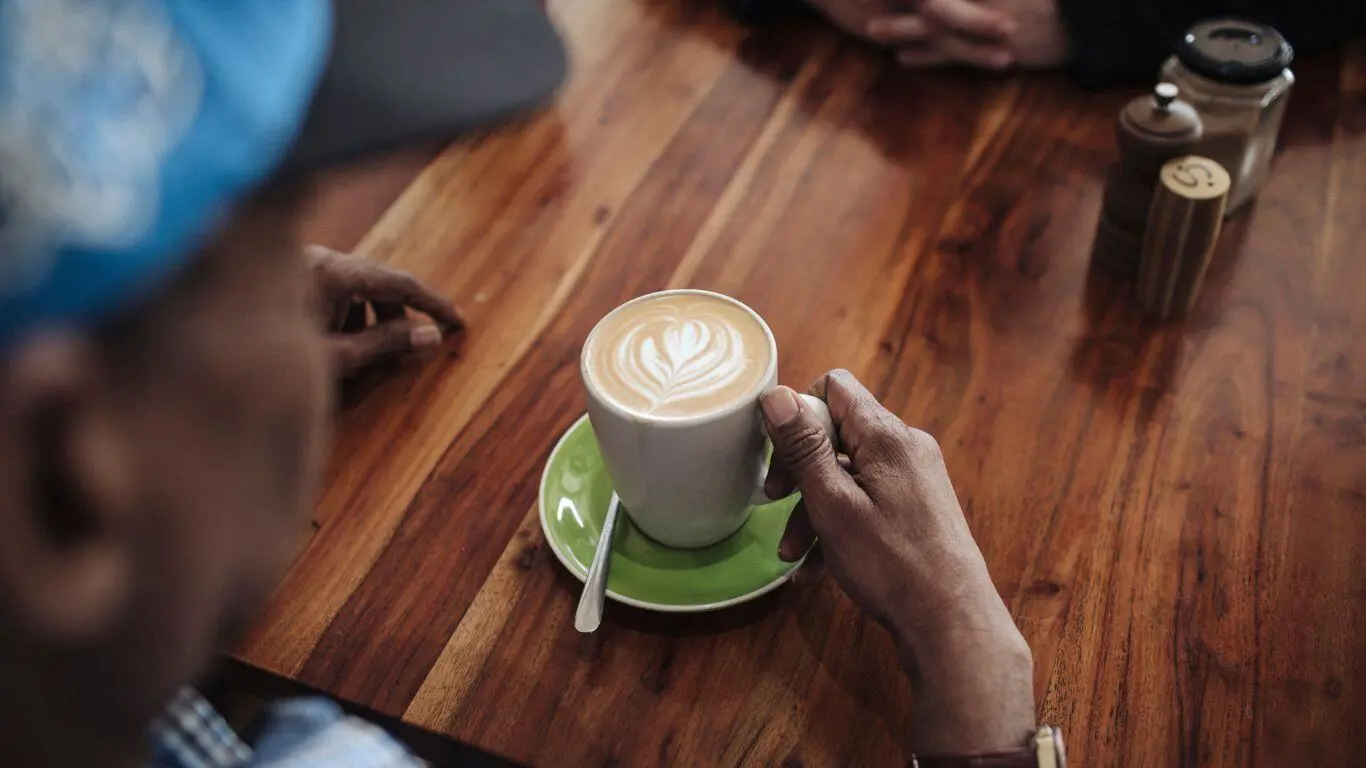
Where to get support for ABI
These effects of brain injury are challenging for everyone involved. Personalised rehabilitation programs, like those offered by Brightwater, are crucial in addressing these issues and helping clients adapt to their new circumstances. Having resources to help people with TBI navigate their rehabilitation helps make the transition much easier, including:
- Social participation and connection information
- Mental health resources for people with ABI.
Support for family and caregivers is equally important, due to the critical role they play in the recovery process and ongoing quality of life.
“An important part to consider is the psychological effects on the people around someone with a brain injury,” Georgia said.
“Other people have to adjust to all of those changes, as well. On top of that, there can be uncertainty that comes with having a brain injury and that impacts everyone.”
Those who benefit from additional, specialised support include:
- Children and young people impacted by a family member with ABI
- Family and loved ones of people with ABI.
ABI research
Underpinning all the support and resources offered is ongoing research into ABI. Brightwater prioritises research as a vital part of improving treatment outcomes and understanding the long-term effects of brain injuries.
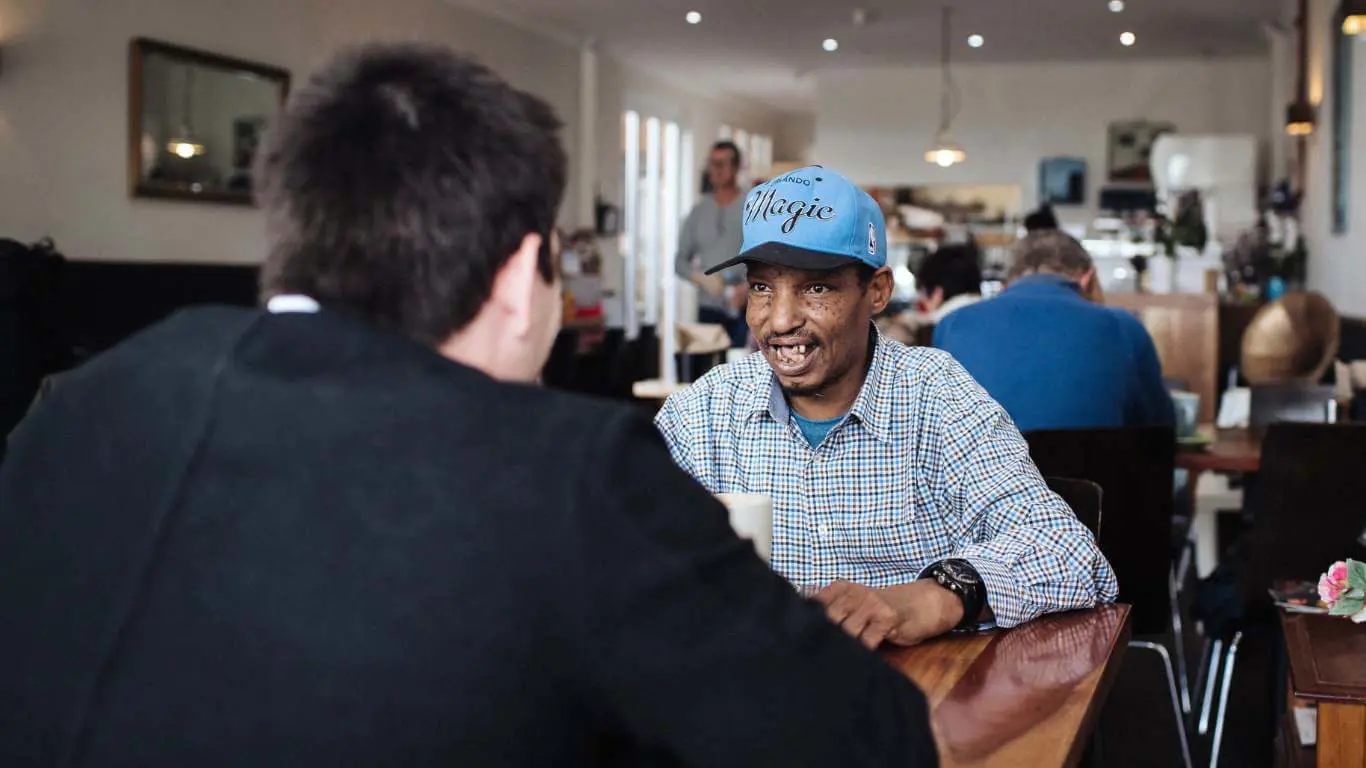
How to Access Brain Injury Support Services
The rehabilitation journey from hospital discharge to full recovery is often overwhelming. Many individuals and families feel lost after leaving the hospital, where everything was done for them, and are unsure of the next steps. This is where specialist ABI services become invaluable so you know what to expect in the early days of recovery and how to communicate your needs and have clear expectations of how your ABI rehabilitation will unfold over time.
“One of the things that’s really beneficial about Brightwater’s ABI services is once A person with ABI has left hospital, Brightwater services address the life span of rehabilitation, through our Oats St program, Marangaroo Transitional Accommodation Program, our NDIS Capacity Building Program and our Supported Independent Living sites”
Specialist ABI services like those offered through Brightwater Oats Street program offer a unique, evidence-based approach to brain injury rehabilitation. Brightwater provides a supportive, home-like environment where individuals can relearn life skills, rebuild capacity and capability, and gradually increase their independence. This immersive experience, based on dedicated research into ABI, typically lasts 12 to 24 months. It has been internationally recognised for achieving breakthrough results.
“Our teams contribute to both state and national research and guideline development,” Georgia said.
“We participate in advisory groups that are either ABI-specific or neuro-specific. Brightwater are embedded in the neurological community in WA and in Australia.”
Finding the New Normal After Rehabilitation
While many people lead fulfilling lives after a brain injury, chances are their new life is not the same as it was before. Finding the new normal requires work, good support, and keeping a positive outlook. Being surrounded by people who understand your experience and how to help goes a long way to success and finding meaning in life after TBI.
Even with the best support, adjusting to daily life post-rehabilitation is a gradual process requiring patience and ongoing effort. Community and family support aid long-term success by helping people with ABI reintegrate into society and maintain their progress. Continuing to build skills and independence may involve:
- Participating in community activities
- Taking vocational training
- Finding supported employment
- Using assistive technologies
- Continuing with therapy or support groups.
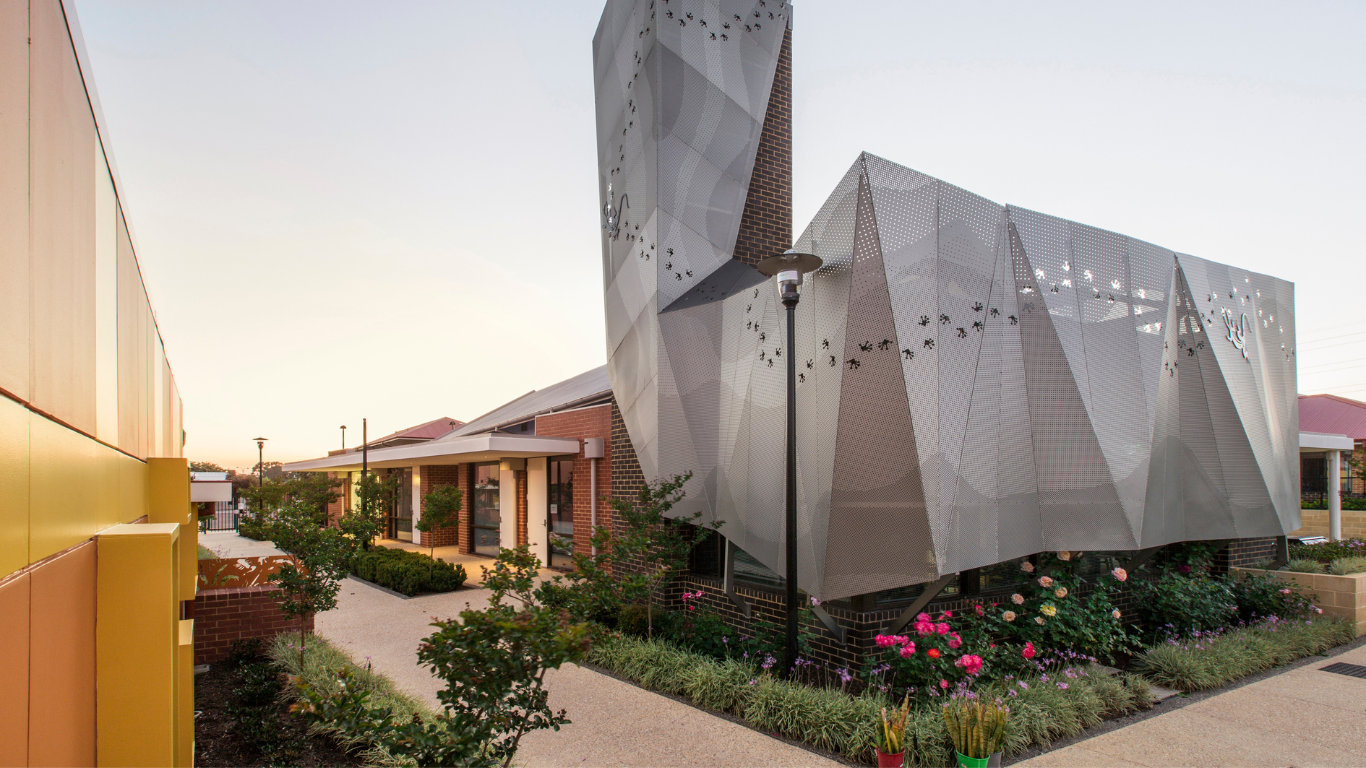
MyTBI: A Roadmap to ABI Recovery
MyTBI is an innovative online resource developed by researchers at Brightwater Research Centre and the University of Western Australia. It provides a comprehensive road map of the expected recovery journey following a traumatic brain injury, offering 13 psychoeducation modules covering everything from initial diagnosis to years post-injury.
This valuable tool helps individuals and families understand what to expect during recovery, set realistic goals, and navigate the challenges that may arise along the way.
Josh’s TBI story
Brightwater’s brain injury services offer an all-inclusive approach to TBI rehabilitation, combining expert medical care with practical capability building for independence. Clients like Josh have excelled in ways they and their families didn’t realise were possible. Josh experienced a traumatic brain injury as the result of a massive car crash which left him with serious injuries and unable to walk and talk. After a lengthy hospital stay, Josh and his family realised they needed help, and he entered the Brightwater Oats Street program.
Learn more about Josh’s road to independence as he describes his experience firsthand.
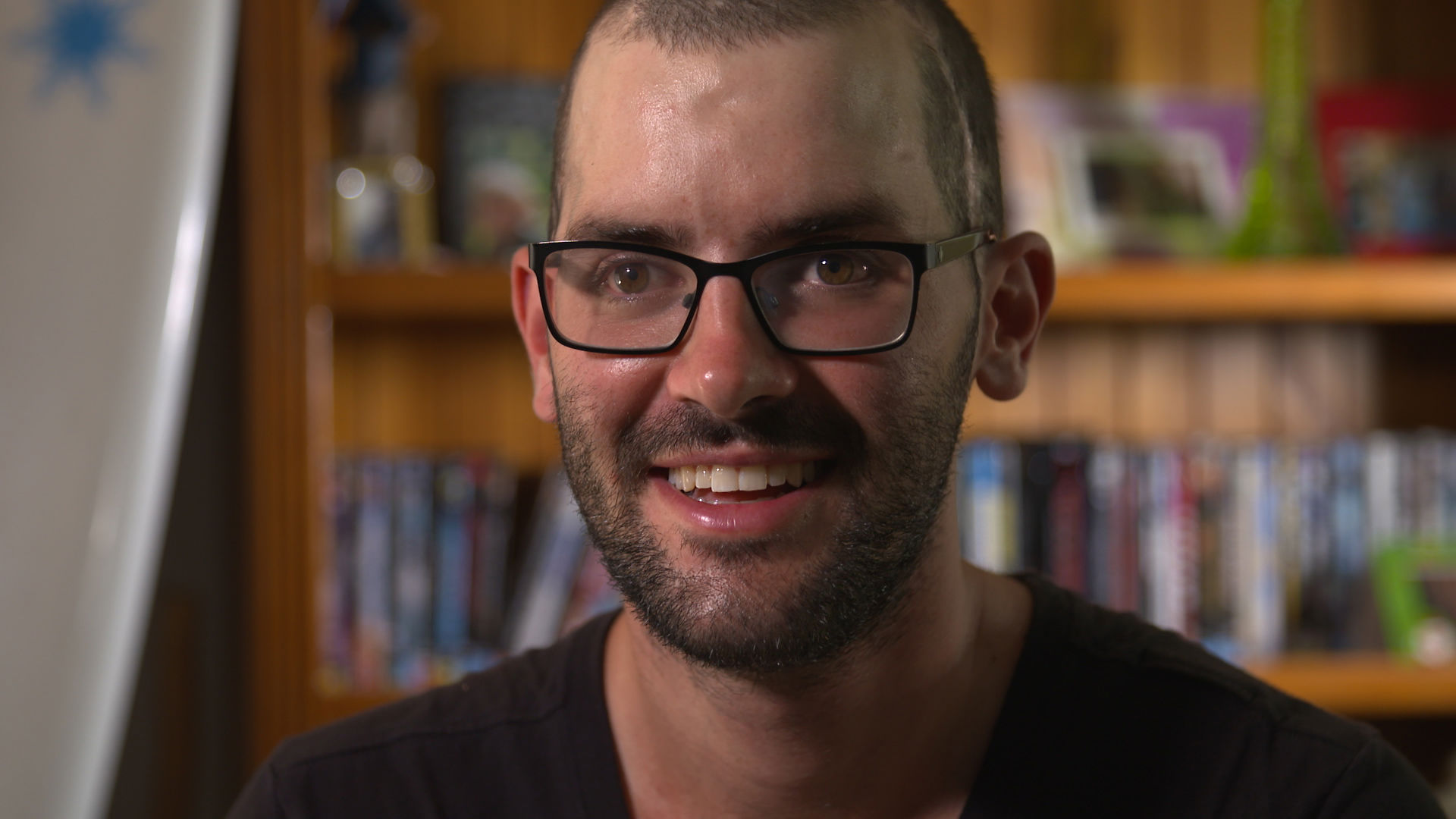
Where to find brain injury services
Our Oats St Transitional Rehabilitation Program provides a stepping stone between hospital care and independent living. Brightwater brain injury services and rehabilitation programs offer clients with TBI the time and support they need to maximise their potential.
If you would like to discover more about Brightwater’s services supporting people with brain injuries, give us a call on 1300 223 968 or email [email protected].

